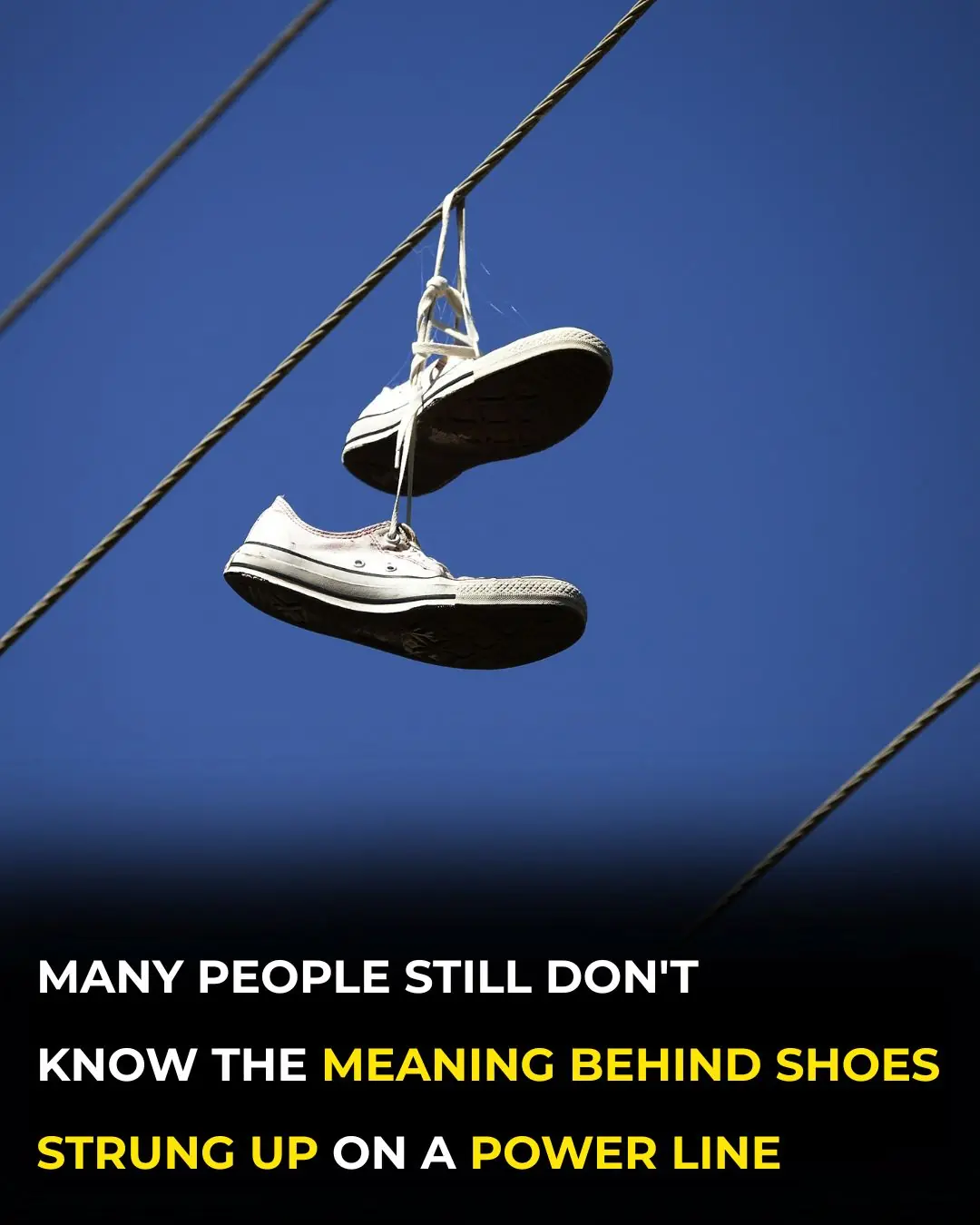
This Simple Word Could Let Scammers Clone Your Voice with AI

This Simple Word Could Let Scammers Clone Your Voice with AI
Artificial intelligence is advancing at a speed most people never imagined — and with that progress comes a new generation of phone scams that are far more convincing, calculated, and dangerous than ever before.
There was a time when ignoring strange texts, odd emails, or unsolicited calls was enough to stay safe. Today, it takes only a few spoken words for scammers to capture your voice, clone it, and use it to impersonate you.
We’ve officially entered the age of AI-powered voice fraud — and understanding how it works is now essential for everyone.
Your Voice Is Now a Target
Your unique voice — once just a natural part of who you are — has quietly become a valuable digital asset. Scammers see it as a gateway to your identity, your accounts, and your personal relationships.
Thanks to widely available AI tools, criminals can now:
-
Record your voice during a phone call
-
Clone it in seconds using AI models
-
Imitate you to carry out fraud, from fake bank transfers to manipulating family members
And here’s the frightening part: they only need a few seconds of audio. Even brief phrases are enough for modern voice-cloning systems to produce an imitation that sounds shockingly real.
Why Saying “Yes” Is Risky
One of the biggest vulnerabilities in modern phone scams is a simple, everyday word:
“Yes.”
Scammers actively try to get you to say it. Once they capture that single word, they can:
-
Approve fraudulent transactions
-
Confirm fake agreements
-
Trigger voice-activated authentication systems
This method — known as “yes fraud” — often starts with harmless-sounding questions such as:
-
“Can you hear me?”
-
“Are you the homeowner?”
-
“Is this your phone number?”
If you instinctively answer “yes,” they may record it, isolate the audio, and reuse it without your knowledge.
What to say instead:
-
“Who’s calling?”
-
“What is this regarding?”
-
“Please identify yourself.”
These responses protect you while still allowing you to determine if the caller is legitimate.
Even Basic Greetings Can Give You Away
It’s not just “yes” that scammers are after. Simple greetings like “hello,” “hey,” or “hi” can also be risky.
Why? Because they allow scammers and automated bots to:
-
Confirm your phone number is active
-
Capture clean audio samples for AI training
-
Verify that an actual person — not voicemail — picked up
Even that tiny bit of voice data can contribute to a future cloning attempt.
Safer alternative:
If you don’t recognize the number, let the other person speak first or respond with:
-
“Who are you trying to reach?”
-
“How can I help you?”
-
“Please tell me who you are.”
These neutral questions reduce what scammers can collect.
How AI Makes Voice Cloning So Easy
Only a few years ago, voice cloning required expensive software and technical expertise. Now, many free or low-cost AI tools can clone a voice from a five-second sample — sometimes even less.
Once scammers have a cloned version of your voice, they can:
-
Call a family member pretending to be you and request emergency help
-
Bypass some banks’ voice-authentication systems
-
Approve audio-based contracts or purchases
-
Fool coworkers into sending money or confidential data
These cases aren’t hypothetical — they’re already happening worldwide, and reports are increasing every year.
How to Protect Yourself from AI Voice Scams
Here are practical steps to reduce your risk:
Avoid:
-
Don’t answer unknown calls with “yes” or “hello.”
-
Don’t engage in voice-based surveys or polls.
-
Don’t give personal details over the phone unless you initiated the call.
-
Don’t trust callers who pressure you to act quickly.
Do:
-
Verify the caller’s identity before sharing information.
-
Hang up immediately if the conversation feels suspicious.
-
Use strong security and two-factor authentication on all accounts.
-
Monitor your financial accounts for unusual activity.
-
Block and report scam numbers through your carrier or local authorities.
-
Establish a “family password” for emergencies to prevent impersonation scams.
Final Thoughts: Silence Can Be Your Best Defense
Technology is evolving faster than our instincts — and your voice, once harmless, is now a potential digital fingerprint that criminals can exploit.
The smartest protection isn’t fear — it’s awareness.
In many cases, the safest response to an unknown call is simple:
Say nothing.
So the next time your phone rings from an unfamiliar number, remember:
It’s not only what you say that matters — it’s knowing when to stay silent.
News in the same category


Don’t Toss That Tuna Can

101-year-old woman who still works 6 times a week explains what she fears would happen if she retired

What the Inside of Your Car Might Say About You

Donald Trump ‘rattled’ as he’s booed at stadium he wants named after him

Here’s Why Many Couples Start Sleeping In Separate Beds After 50

Why Do We Get Shocked by Static Electricity

What Clearing the Table Says About You

The Secret Language of the Hand: Interpreting the Touch During a Handshake

Why You Might Have Dark Circles …Even If You’re Sleeping Well

What Do the Triangle Stickers Above Your Airplane Seat Mean?

6 Difficult Realities of Losing a Parent

Woman issues terrifying warning after finding a stroller abandoned on the side of the road

Count The Squares

Could Your Blood Type Be Influencing How You Age

This carb is more damaging to your blood sugar than pure sugar

Got a lump on your neck, back or behind your ear? Here’s what you need to know

Most Drivers Miss This Simple Button That Improves Visibility At Night

The Truth About the Thigh Gap
News Post

Many People Still Don’t Know The Meaning Behind Shoes Strung Up On A Power Line

Arnold Schwarzenegger’s Son Continues His Impressive Weight-Loss Journey

‘Get Out!’: Black Woman Banned from Restaurant After Refusing to Tip Waitress with ‘a Disgusting Attitude,’ But She Doesn’t Back Down, Video Shows

Stephen Hawking Predicts the End of the World Is Nearer Than We Think

Caroline Flack’s ex Lewis Burton says he’s received ‘online abuse’ in rare statement over Disney documentary

The Viral 70LB Baby That Was Featured On Jerry Springer Is All Grown Up, And You Better Sit Down Before Seeing Him Today

The Viral 70LB Baby That Was Featured On Jerry Springer Is All Grown Up, And You Better Sit Down Before Seeing Him Today

‘Wanna be from the Trenches So Bad’: Tiny Harris Claps Back After T.I. Embarrasses Son King at Their Grandchild’s First Party

3 Deadly Mistakes People Make with Water Heaters – Don’t Risk Your Life

The surprising vitamin that helps break down leg clots—are you getting enough?

Just Minced Meat, But Made This Way, It Becomes Irresistibly Delicious

Prince William steps out with King Charles for special Windsor Castle reception to mark Remembrance Day

Top 10 Occupations with the Highest Risk of Cancer

Women Who Drink Perilla Leaf Water with Lemon at These 3 Times: Brighter Skin and a Slim Waist

Why Is the Left Burner of a Gas Stove Not Ideal for Cooking?

Kelly Brook ‘horrified’ as GP offers her weight-loss jabs ahead of I’m A Celebrity stint: ‘I love my curves!’

Is It Dangerous to Stay Inside a Car During a Lightning Storm?

Tips to Distinguish Naturally Ripened Bananas from Chemically Ripened Ones

Meghan Markle shares video of Prince Harry in Afghanistan in Veterans Day message
